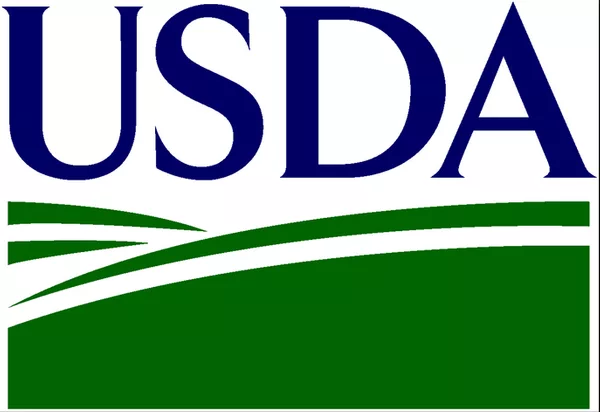Training Growers, Growing Trainers: Preparing for New Food Safety Requirements

Are you preparing to meet the new U.S. Food and Drug Administration’s (FDA) Produce Safety rule standards? Have you heard about Good Agricultural Practices (GAPs)? Maybe you’ve heard that they can get buyers to notice your products and improve your access to the market place – but you need more information to know if it can work for you.
USDA is hard at work connecting growers with training and resources to support GAP certification and expand their food safety know how. We’ve made big investments in food safety education for growers in recent years, supporting projects through AMS grant programs—the Specialty Crop Block Grant Program, Federal-State Market Improvement Program, Farmers Market Promotion Program, and Local Food Promotion Program.
Last year, the FDA released its Produce Safety Rule as part of its duties under the Food Safety Modernization Act (FSMA). The rule introduces specific on-farm food safety regulations for producers of fruits, vegetables, and other specialty crops.
USDA has engaged in partnerships and made investments to assist growers in preparing to meet FDA Produce Safety Rule standards under the Food Safety Modernization Act (FSMA). For instance, USDA’s National Institute for Food and Agriculture (NIFA) worked closely with FDA as it established cooperative agreements for the National Coordination Center and Regional Training Centers for FSMA education.
More recently, NIFA awarded a number of grants for pilots, multi-state projects, and for food safety education, training and technical assistance projects for producers impacted by FDA rules. The grants, made available through NIFA’s Food Safety Outreach Program, will assist owners and operators of small to mid-sized farms, beginning farmers, socially-disadvantaged farmers, small processors, small fresh fruit and vegetable wholesalers, food hubs, farmers markets and others.
Taken together, these efforts provide additional training opportunities for owners and operators of farms, small food processors, and small fruit and vegetable merchant wholesalers.
Another exciting addition to the food safety training mix is the recent launch of Produce Safety Alliance (PSA) Grower Training and Train-the-Trainer courses. USDA is a partner in PSA, along with FDA. The PSA courses give the produce industry critical tools to educate growers who want to gain knowledge about the FSMA Produce Safety Rule, understand how their current GAPs fit within the regulatory framework, and learn about additional GAPs.
Looking for quick answers on food safety topics?
Try Ask FSM, our new smart AI search tool.
Ask FSM →
These trainings serve an important role for growers, particularly those who need to comply with rule requirements by January 2018.
Four years of development have gone into the Grower Training Course, which provides eight hours of instruction in on-farm and packinghouse GAPs, on-farm environmental coordinated management (known as “co-management”), and other preventive controls. The course also satisfies the Produce Safety Rule requirement that at least one supervisor or responsible party on a farm has successfully completed food safety training recognized as adequate by the FDA.
The Train-the-Trainer Course includes eight hours of core training that includes all seven PSA Grower Training Course modules, and an additional eight hours of training techniques and principles of adult learning, and partnering opportunities. Completion of this course will make you a PSA Trainer who is qualified to teach PSA Grower Training under the direction of a PSA Lead Trainer. PSA created the course to build a network of certified trainers for industry to access across the nation.
Based at Cornell University, PSA was established in 2010 to provide fundamental, on-farm food safety knowledge to growers. Join the PSA email subscription service (listserve) to stay current on the Alliance’s education and training activities. Educational resources and collaborator contact information are available on the PSA website.
USDA is committed to making sure that all growers and producers—regardless of size or style of operation—have the support and resources they need to help keep America’s food supply one of the safest in the world.








